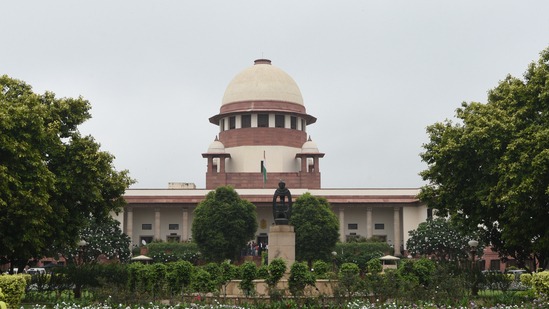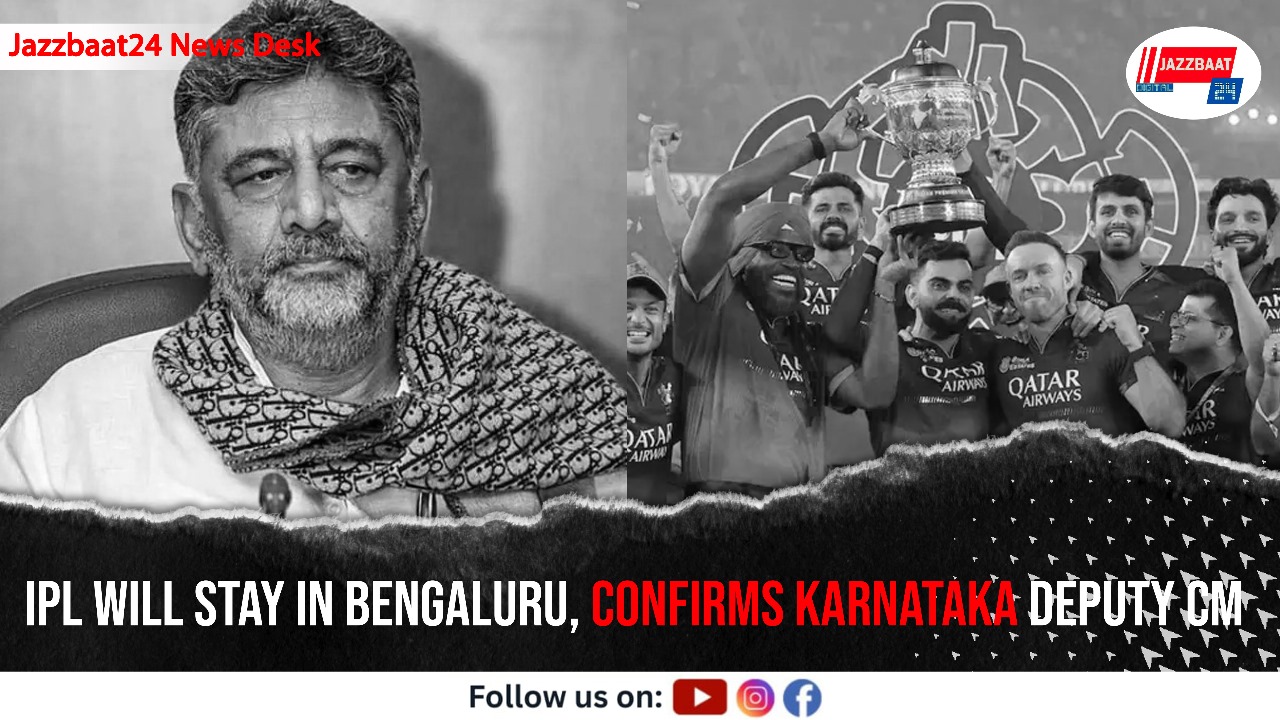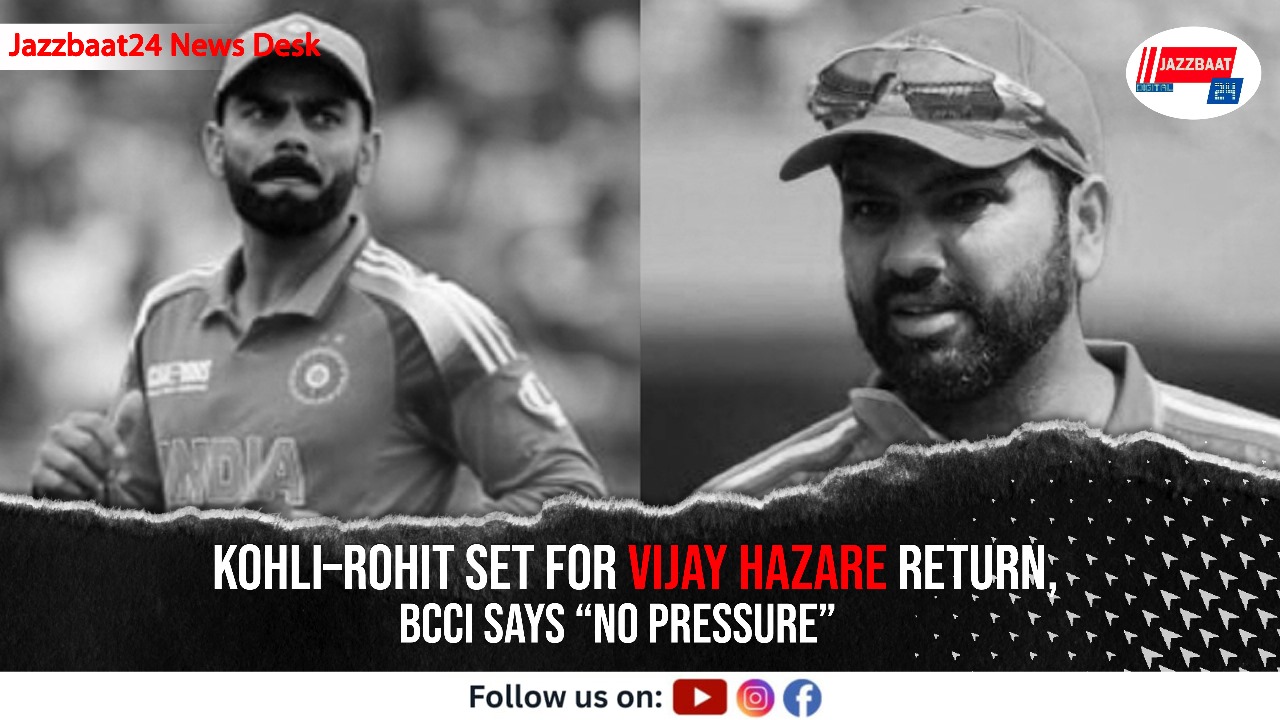The Supreme Court on Thursday gave the central government one week to submit its response to a series of petitions challenging the constitutional validity of the Waqf (Amendment) Act, 2025.
The court recorded the Centre’s assurance that, until the next hearing, no Waqf properties—including those recognized through long usage—will be denotified or have their status changed. It also confirmed that no new appointments would be made to either the Waqf Council or Waqf Boards during this period.
A three-judge bench led by Chief Justice of India Sanjiv Khanna, along with Justices P.V. Sanjay Kumar and K.V. Viswanathan, heard the case in the afternoon.
The top court also hinted that it may temporarily suspend parts of the new law. The next hearing is set for the week starting May 5, by which time responses from the Centre, the states, and petitioners are expected to be filed. Five lead petitions will be selected to represent the case moving forward, under a common title: “In Re: Waqf Amendment Act 2025.”
Petitions filed earlier by Hindu groups challenging the original Waqf Acts of 1995 and 2013 have been separated from this case.
During the Wednesday session, the bench raised concerns over three key issues in the amended law:
The legal status of properties previously recognized as Waqf by the courts.
The majority of non-Muslim members in Waqf councils and boards.
The clause that allows the government to block any property from being declared as Waqf if it is under dispute.
Chief Justice Khanna pointed out that the government “cannot rewrite history” by changing the status of properties that were already declared as Waqf years ago. He made it clear that such properties will remain protected until further notice, whether they were classified through court rulings or other means.
Who filed the petitions?
The court is examining a group of petitions filed by several political and civil society leaders. These include AIMIM leader Asaduddin Owaisi, AAP’s Amanatullah Khan, RJD leader Manoj Kumar Jha, and representatives from the Association for Protection of Civil Rights, the All India Muslim Personal Law Board (AIMPLB), and Jamiat Ulama-i-Hind.
Other notable petitioners include the Dravida Munnetra Kazhagam (DMK), Congress MPs Imran Pratapgarhi and Mohammad Jawed, CPI, Tamilaga Vettri Kazhagam leader and actor Vijay, and former Andhra Pradesh CM Jagan Mohan Reddy's YSR Congress Party.
The legal battle is shaping up to be a significant test of the government’s power to redefine religious property rights and the limits of constitutional protections.


fullimage.jpg)



